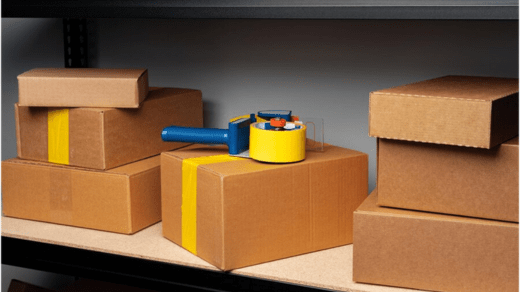In today’s fast-paced world, where mobility is key and space is often at a premium, the need for reliable self storage units has never been greater. Whether you’re moving to a new home, downsizing, or simply looking to declutter, finding the right self storage unit can make all the difference. With so many options available, it’s essential to know what to look for to ensure you’re getting the best value for your money. Here are some essential tips to help you select the perfect self storage unit for your needs:
1. Determine Your Storage Needs
Before you start searching for self storage units, take some time to assess your storage needs. Consider the size and quantity of items you need to store, as well as any special requirements such as climate control or security features. By having a clear understanding of your needs, you can narrow down your options and focus on finding a storage unit that meets your specific requirements.
2. Research Storage Facilities
Once you have a clear idea of your storage needs, it’s time to start researching storage facilities in your area. Look for reputable facilities with positive reviews and a track record of providing reliable service. Consider factors such as location, security measures, access hours, and amenities offered. Visiting potential storage facilities in person can also give you a better sense of the facility’s cleanliness and overall condition.
3. Consider Accessibility
Accessibility is a crucial factor to consider when selecting a self storage unit, especially if you plan to access your belongings frequently. Look for a facility that offers convenient access hours that fit your schedule, as well as features such as drive-up access and wide aisles for easy maneuverability. Additionally, consider the proximity of the storage facility to your home or place of work to minimize travel time and inconvenience.
4. Evaluate Security Measures
When storing your valuable belongings, security is paramount. Look for self storage units that prioritize security measures such as gated access, surveillance cameras, and on-site staff. Additionally, inquire about additional security features such as individual unit alarms and security patrols to ensure your belongings are safe and secure at all times.
5. Assess Climate Control Options
If you’re storing sensitive items such as electronics, furniture, or documents, climate control is essential to protect your belongings from temperature fluctuations and humidity. Look for storage facilities that offer climate-controlled units to maintain stable temperature and humidity levels year-round. While climate-controlled units may come at a slightly higher cost, the added protection they provide can be well worth the investment, especially for valuable or irreplaceable items.
6. Check for Insurance Options
Even with the best security measures in place, accidents can still happen. That’s why it’s essential to inquire about insurance options when selecting a self storage unit. Many storage facilities offer insurance options to protect your belongings in case of theft, damage, or natural disasters. While some facilities may include insurance coverage as part of the rental agreement, others may offer it as an optional add-on. Be sure to carefully review the terms and coverage limits to ensure your belongings are adequately protected.
7. Compare Pricing and Rental Terms
When comparing self storage units, don’t just focus on price alone. While affordability is important, it’s also essential to consider factors such as rental terms, payment options, and any additional fees or charges. Be sure to ask about any discounts or promotions that may be available, such as movers specials or long-term rental discounts. Additionally, carefully review the rental agreement and ask any questions about terms and conditions before signing on the dotted line.
8. Read Customer Reviews
Before making a final decision, take the time to read customer reviews and testimonials for the storage facilities you’re considering. Pay attention to feedback regarding customer service, facility cleanliness, security, and overall satisfaction. While a few negative reviews are to be expected, consistently poor reviews may be a red flag indicating potential issues with the facility. Conversely, overwhelmingly positive reviews can provide reassurance that you’re choosing a reputable and reliable storage provider.



